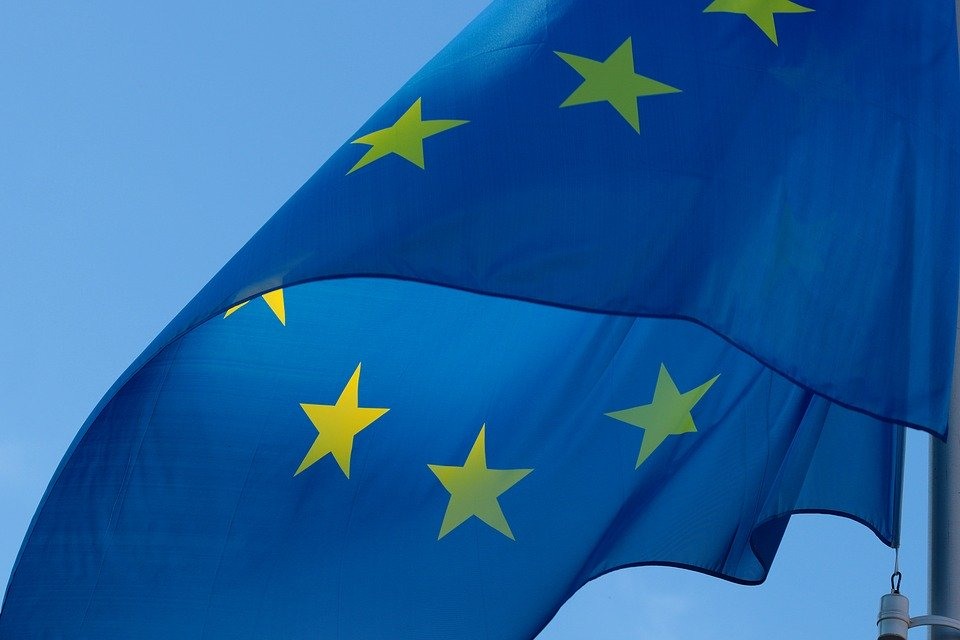Top EU Countries Call for Curbs on Asset-Backed Cryptocurrencies like Stablecoins

While the fiat-pegged stablecoins continue to get more dominant in the crypto space, some of the top European countries have called for strict regulation against them citing reasons of consumer protection and state sovereignty in the monetary policy.
Last Friday, the finance ministers of five major economies of the European Union member states - Germany, Italy, France, Spain, and the Netherlands - released a statement requesting the European Commission to put a ban on stablecoins within the EU member block unless all the regulatory, legal, and oversight challenges have been addressed.
While meeting European officials in Berlin last week, the five countries issued a joint statement saying that the EU’s regulatory framework for stablecoins should address all risks of the bloc’s monetary policies. The European Commission is likely to present its regulatory proposal later this month.
German Finance Minister Olaf Scholz told reporters: “We all agree that it’s our task to keep financial market stable and to ensure that what is a task for states remains a task for states”.
Scholz has asked the authorities to take a tough stand and also introduce a ban on all the private sector activities that work outside the regulatory frameworks. The five members of the EU bloc have requested for stablecoins to be pledged in 1:1 ratio with the fiat currency.
The reserve assets should either be denominated in Euro or currencies of other EU member states. Besides, all those entities operating as stablecoin operators should be registered with the EU.
French Finance Minister Bruno Le Maire said: “We’re waiting for the Commission to issue very strong and very clear rules to avoid the misuse of cryptocurrencies for terrorist activities or for money laundering. The central bank, I mean the ECB, is the only one to be allowed to issue a currency. And this point, it’s something that cannot be jeopardized or weakened by any kind of project including the so-called Libra project”.
The Geneva-based Libra Association announced by Facebook last year can possibly face some regulatory hurdles with this move. Facebook’s earlier plan to launch its own native Libra cryptocurrency was scaled back earlier this year after a long going discussion with the U.S. SEC and other global regulators.
Rather, Facebook says that Libra will work like a stablecoin pegged to the national currency of the respective region. However, even with this, it means that if the EU regulators go hard on this matter, it could mean that Facebook must follow the framework that the European Commission might release later this year.


